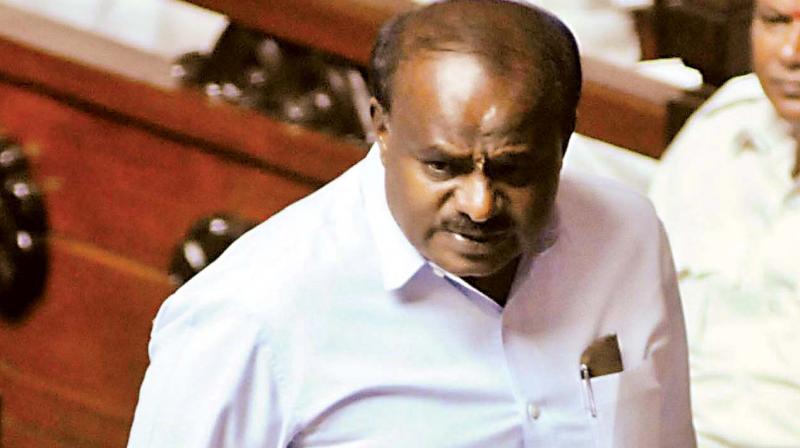Congress' larger role in Karnataka stability

In light of possible implications for the next Lok Sabha poll, the recent Assembly election in Karnataka and the Cabinet-making exercise have turned out to be more than a state issue. The process of government-making as well as the composition of the government — these will be an indicator of how the Congress reaches an equilibrium with its regional ally Janata Dal (Secular) — are under scrutiny. It was widely believed that the side that bagged Karnataka will have a political as well as psychological advantage over its rival in preparing for the Parliament election. If this weren’t so, the BJP’s national leadership wouldn’t have openly sanctioned unconstitutional and desperate means to climb into power in the southern state. Given the stakes, it is surprising that PCC chief Dr G. Parameshwar, who is now the deputy chief minister, has gone public saying he wasn’t aware that JD(S) leader H.D. Kumaraswamy would be CM for five years, hinting that the top job might rotate between the coalition partners — a notion openly debunked by the CM. This is hardly the best way to get started.
The BJP will legitimately seek to widen any breach between the ruling coalition partners. At any rate, Dr Parameshwar’s observation is at odds with the sound advice of UPA chairperson Sonia Gandhi, who recently told senior party colleagues from Karnataka that the Congress must observe “coalition dharma” in order to deny the BJP an opening. Government-making is seldom smooth. A variety of interests need to be balanced, especially caste and regional, in addition to claims of powerful individuals with a noteworthy record of service. If this exercise is not carefully done, dissidence can germinate early. The Congress has dealt neatly with the dalit representation issue by making the PCC chief a deputy CM. This should play well in the context of the next Parliament poll and getting on board a prospective ally such as BSP supremo Mayawati. But the Congress must also carefully think through the claims of the dominant state castes — Lingayat and Vokkaliga, besides the minorities and OBCs. The dominant state castes will matter very much in the Lok Sabha election in Karnataka and the minorities are of nationwide interest.
The most conspicuous figure in the Karnataka Congress in recent times is D.K. Shivakumar, a former minister and a man for all seasons. But for his skills at safeguarding the flock, the present government is unlikely to have seen the light of day. This man also saved the day for his party when Ahmad Patel was elected to the Rajya Sabha from Gujarat last year. Mr Shivakumar’s place is the national Cabinet. Since that’s a dream for now, the Congress could draw him into its Working Committee, a nominated body in any case. The Congress has the larger responsibility in making the ruling dispensation in Karnataka stable.

